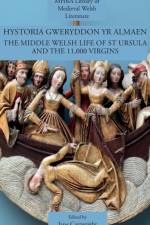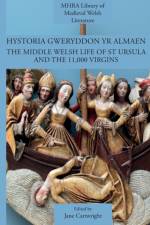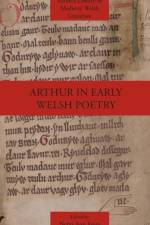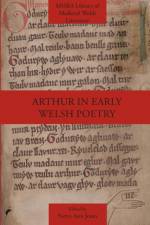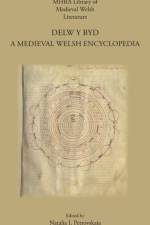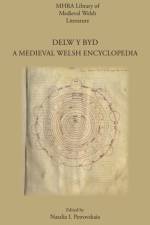58,00 €
For over a thousand years, Arthur has had widespread appeal and influence like no other literary character or historical figure. Yet, despite the efforts of modern scholars, the earliest references to Arthurian characters are still shrouded in uncertainty. They are mostly found in poetic texts scattered throughout the four great compilations of early and medieval Welsh literature produced between 1250 and 1350. Whilst some are thought to predate their manuscript sources by several centuries, many of these poems are notoriously difficult to date. None of them are narrative in nature and very few focus solely on Arthurian material but they are characterised by an allusiveness which would have been appreciated by their intended audiences in the courts of princes and noblemen the length and breadth of Wales. They portray Arthur in a variety of roles: as a great leader of armies, a warrior with extraordinary powers, slayer of magical creatures, rescuer of prisoners from the Otherworld, a poet and the subject of prophecy. They also testify to the possibility of lost tales about him, his father, Uthr, his son, Llachau, his wife, Gwenhwyfar, and one of his companions, Cai, and associate him with a wide array of both legendary and historical figures.Arthur in Early Welsh Poetry, the fourth volume in the MHRA Library of Medieval Welsh Literature series, provides discussion of each of the references to Arthurian characters in early Welsh poetic sources together with an image from the earliest manuscript, a transliteration, a comprehensive edition, a translation (where possible) and a word-list. The nine most significant texts are interpreted in more detail with commentary on metrical, linguistic and stylistic features.

